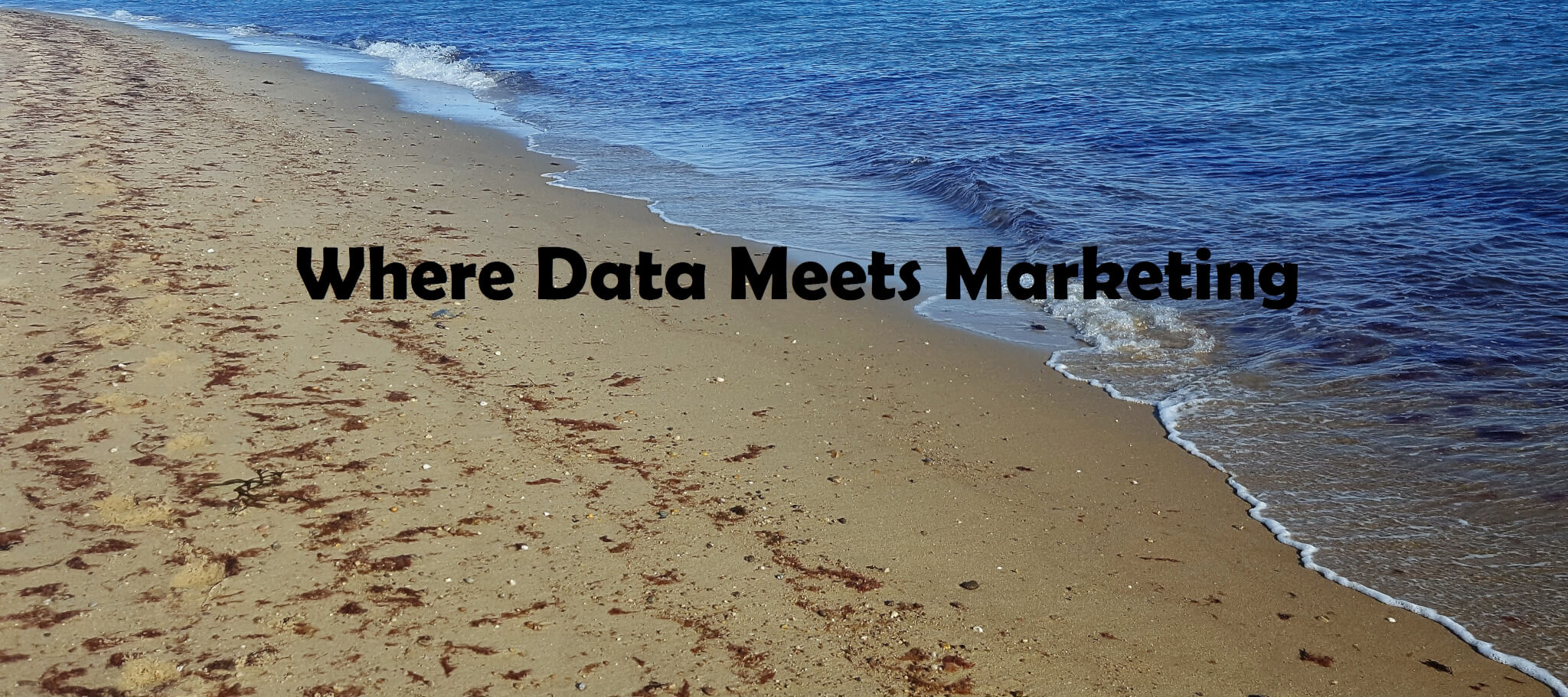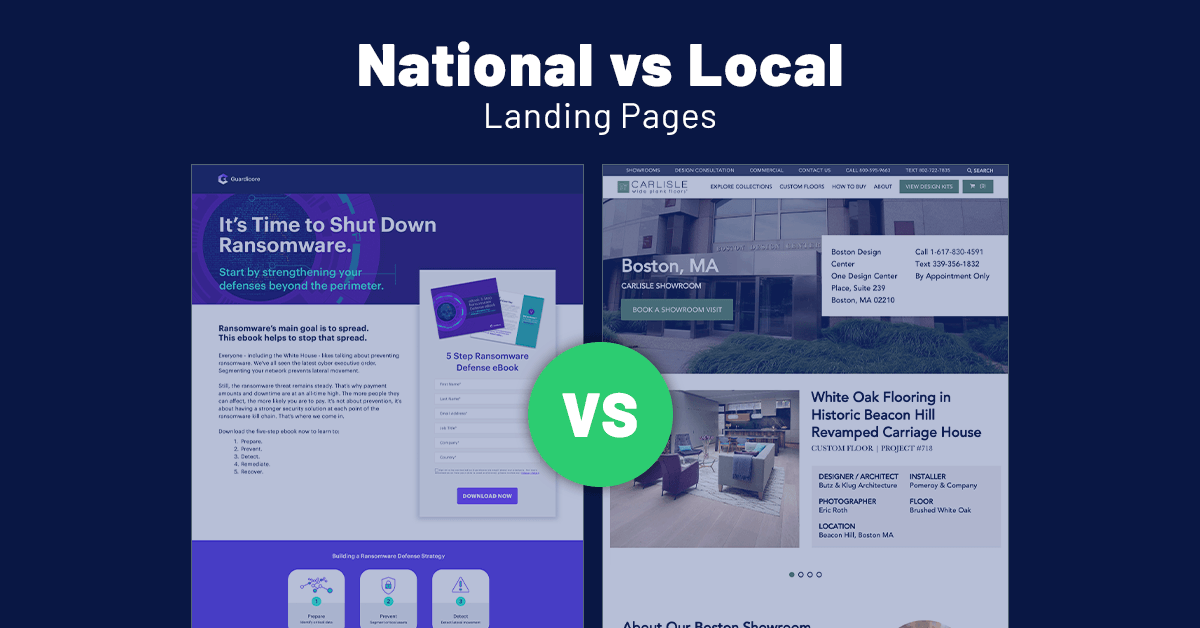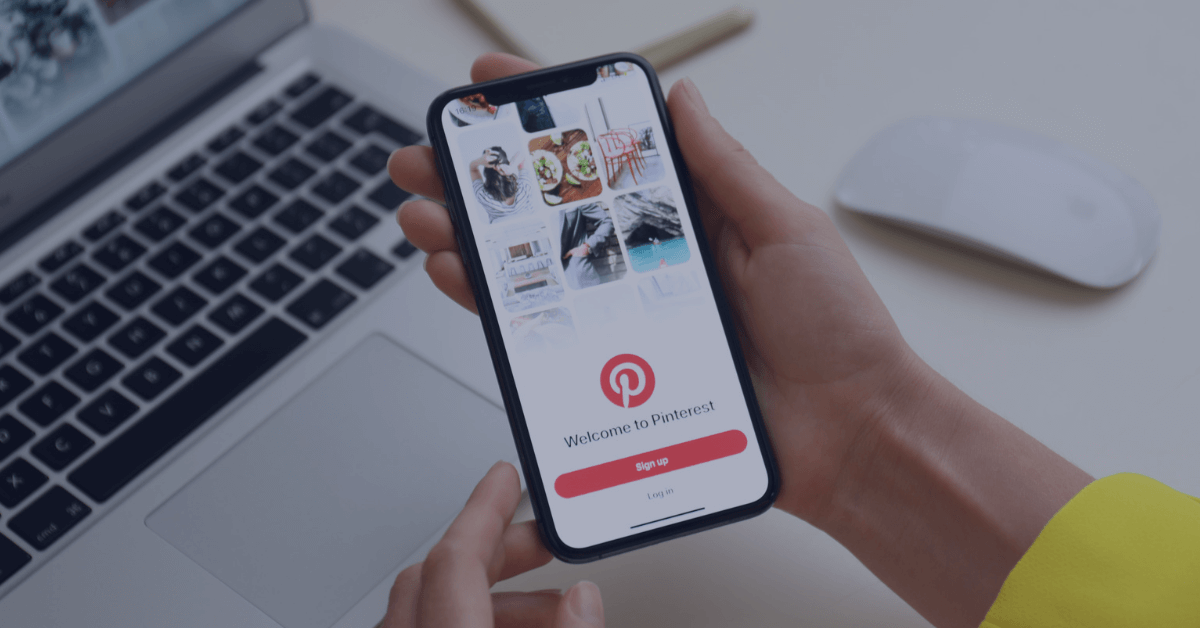
Artificial Intelligence Creates New Marketing Categories Chris Golec, Founder & CEO, Demandbase
In 2017, AI will allow marketers to create highly customized and personal ads in real-time specific to buyer’s interests using personas developed through social profiles (https://www.crystalknows.com) and their digital footprint. AI will take email blasts from “one size fits all” to automatically filtering out weak or low scored leads and creating custom, personalized communications instead to those folks with high intent signals.
You should expect seeing recommendation engines like Amazon uses and develop one meant for the B2B market like https://www.thinkbrella.com. Using predictive analytics, a B2B business concierge will develop an automated and customized buyer’s journey using Real-time Content Recommendation Engines throughout the funnel, driven by AI.
Design Becomes Revolutionized Using New “Big Data” Michael Schinelli, Chief Marketing Officer, UNC Kenan-Flagler Business School
Can Big Data be harnessed for better design and making banners and landing pages on the fly improve similar to genetic design? Marketers need to have design for banners and landing pages improve and update themselves for better user experiences and ultimately improved conversion rates? Here’s the future of design. Brands are incorporating data analytics more and more.
Big Data that can create smarter customer experiences, make the online experience easier to navigate and start treating people like individuals using smart marketing automation. More digital marketing clues in the form of, beacons, and sensors help us to measure almost everything, visual media content assets and digital marketing channels have emerged.
As of recently, there has been a spike in the use and publication of 360 videos. Mobile apps, VR, and rich media ads require creative vision and resources. Augmenting design with big data will prove valuable not only in the entertainment industry, but in education, health care, real estate, and B2B too.
In 2017, Marketers Will Turn to Cognitive Technologies to Deliver Customized Segmentations Harriet Green, General Manager, Watson IoT, Commerce and Education
Watson IoT
The age of Cognitive marketing technologies is here, helping digital marketers by pulling data from social sentiment, micro trends, weather, domestic and international events, economic news develop macro marketing results for your brand.
IDC Research Manager Gerry Murray predicts that within a year, there will be an explosion in the number of marketing applications that “think.” Cognitive technologies, integrates data mining, pattern recognition and natural language processing to act and process just like the human brain does.
By analyzing information as a human would, the marketing platform learns what it means and can reason through actions. A cognitive marketing platform will reduce operational decision-making, such as setting segmentation rules that are customized for each visitor and redefine how brands relate to customers.
Educational Content will Help Marketers Win the Customer Andrea Gellert, CMO, OnDeck
Research shows that an adult makes upward of 35,000 decisions daily. Designing and creating entertaining, educational content will empower the end user and help move your content to the top consumption pyramid.
Programmatic (or specialized) education, marries rich content and targeted, data-driven automation. Successful companies will spend less on brand promotion and more on programmatic approaches to reach potential prospects with educational tools and content end users will need to make informed decisions. Committing to improving quality and availability of digital content and tools will be key in 2017
IoT Changes Online Marketing as Internet Connectivity is Driven by Device Neil Patel, cofounder of Crazy Egg, Hello Bar, and KISSmetrics
IoT and recent changes in customized user experiences creates a greater consumer expectations of convenience and personalization.
If your marketing does pivot and meet that expectation, then customers won’t think your product are worth their effort. Marketing must react accordingly to both promise and deliver higher degrees of relevancy and convenience.
Smart home devices with native, embedded connectivity are certainly the beginning. There will be over 25 billion connected devices by 2020. The customer experience will be more device driven meaning more companies must be able to connect these new IoT’s not just from individual device point feeds, but collect purpose driven information from his new marketing ecosystem. This shift from screens to things changes content creation, delivery and the brand experience as we know it today.





